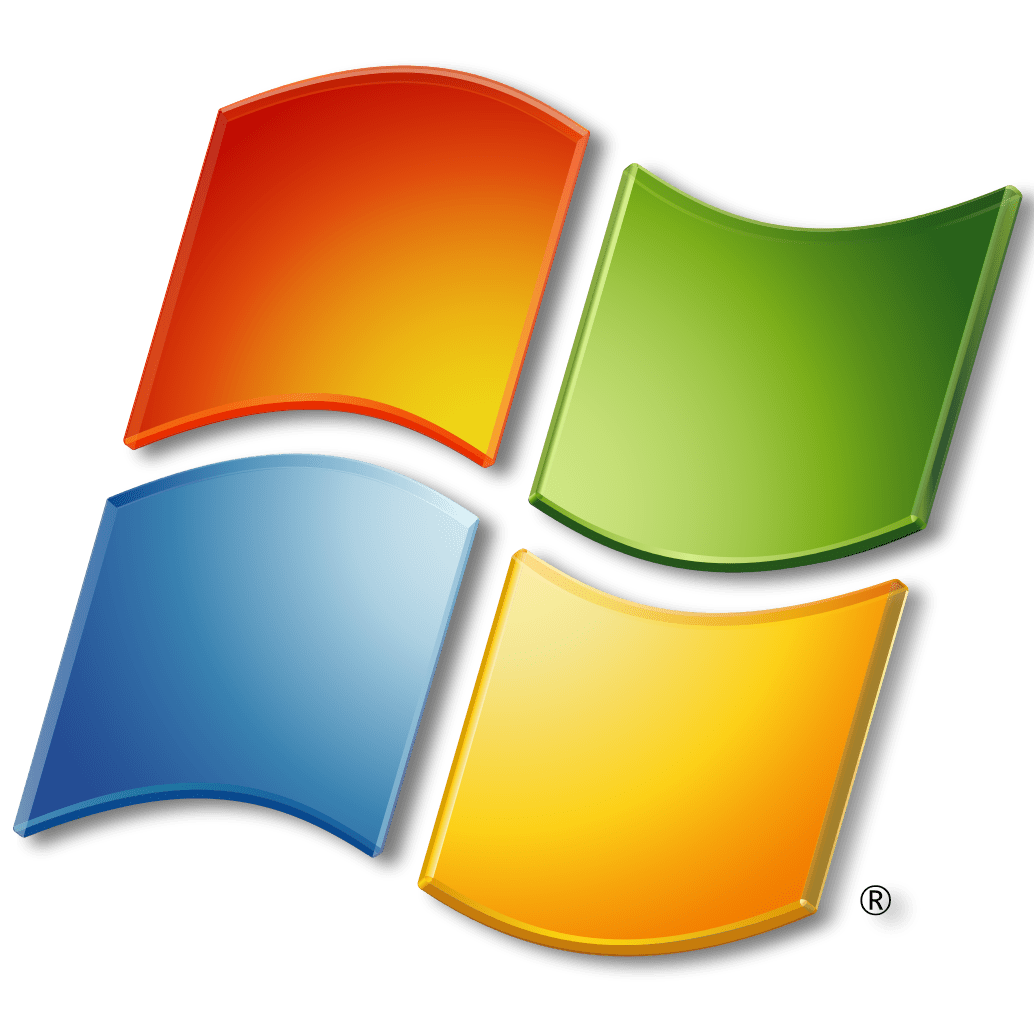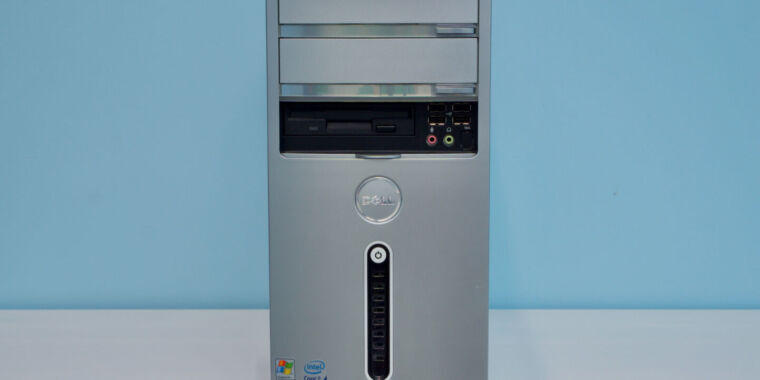This means the change should mainly affect retro-computing enthusiasts who spend their days making YouTube videos in the “we installed Windows 11 on a potato, let’s see how it runs” genre rather than users of actual systems.
Just another clickbait title.
I thought it was clear in the title that this only affects people installing Windows 11 on older PCs. Clickbait would be more like “We installed Windows 11 on an old PC, and you won’t believe what happened!”
This is the best summary I could come up with:
That’s apparently changing a bit in Windows 11’s 24H2 update, which Microsoft began testing earlier this month.
According to posts from a user named Bob Pony on X, formerly Twitter, the latest Windows 11 builds refuse to boot on older processors that don’t support a relatively obscure instruction called “POPCNT.”
For Intel’s chips, it was added as part of SSE4.2 in the original first-generation Core architecture, codenamed Nehalem.
That effectively bars mid-2000s Intel Core 2 Duo systems and early Athlon 64-era PCs from booting Windows 11 at all, not that they officially supported it in the first place.
This means the change should mainly affect retro-computing enthusiasts who spend their days making YouTube videos in the “we installed Windows 11 on a potato, let’s see how it runs” genre rather than users of actual systems.
No CPU manufacturer is including stuff like POPCNT or MBEC in their marketing materials, but modern Windows support is increasingly dictated by these kinds of features.
The original article contains 498 words, the summary contains 161 words. Saved 68%. I’m a bot and I’m open source!
Windows 11 will be the Windows ME of its time.



